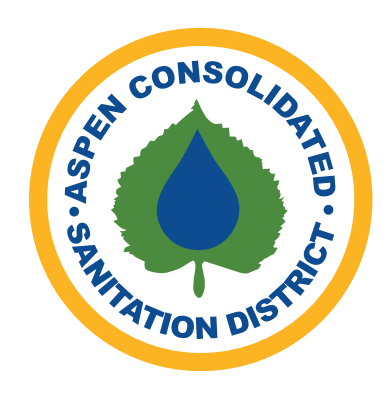Dos and Don'ts
Flushing or throwing damaging materials down the drain can cause blockages and backups.
Don’ts

- Don’t flush kitty litter
- Don’t put egg shells or coffee grounds in the garbage disposal, sink drain, or toilet.
- Don’t put motor oil, lard, or cooking oil down the drain. These items should be disposed of in the garbage.
- Did you Know…
- Garbage disposals use large volumes of water and electricity-reducing or eliminating their use will lower your sewer, water, and power bills.
- Chemicals or additives that claim to dissolve grease-these may not be effective. Grease can build up in sewers, restricting the flow of wastewater that comes from our homes. This blockage forces wastewater up onto our streets-where it then enters the storm drain system and clogged sewer pipes on your property may incur a costly plumbing repair bill.
- The following products are considered household hazardous chemicals and should never be flushed down the sewer: pesticides, nail polish, oven cleaners, spot remover, vehicle fuel, oil or grease, fertilizer, rodent poison, weed killer, paint, varnish, stripper or thinners or battery fluids. These require disposal at a hazardous waste collection station.
Dos

- Use baskets or strainers in sink drains to catch food scraps and other solids.
- Scrape grease and food scraps from plates, pots and pans, utensils, and grills into the garbage.
- Keep fats, oil and grease out of our sewers-help keep our environment clean. Capture animal fats in a can and put all food waste and discards in a trash container
